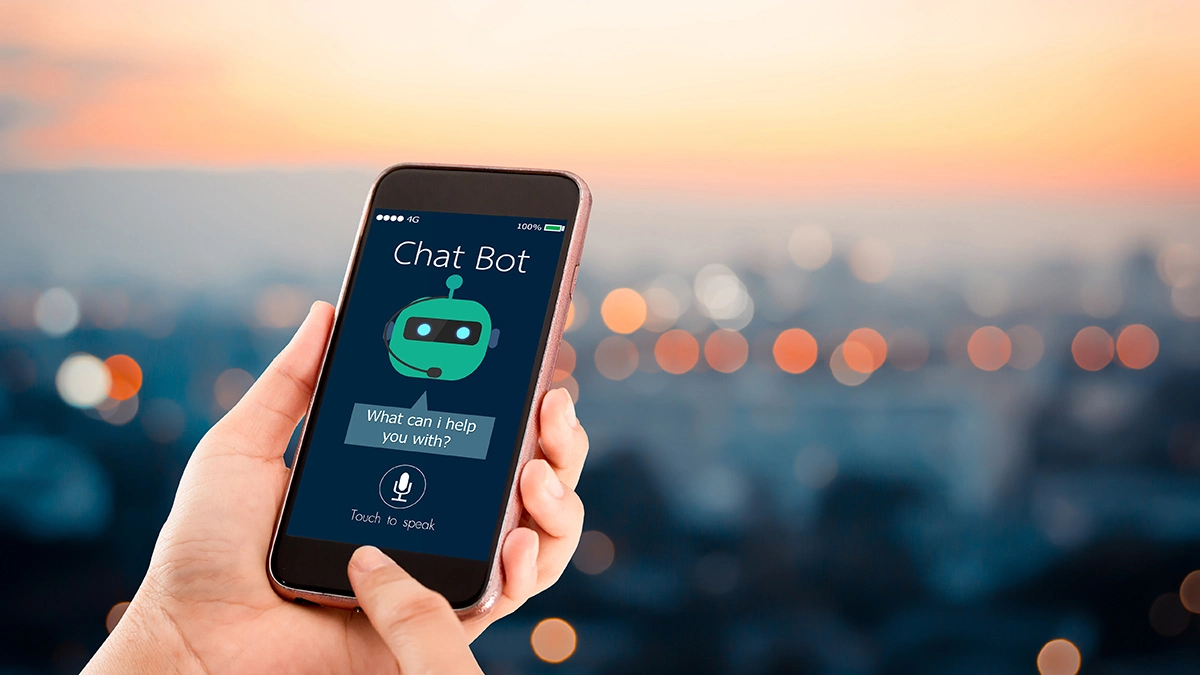Introduction
Services in such areas as banking, retail, healthcare, education, tourism have changed significantly over the past 10 years. They have become more convenient, fast, personalized.
In this article we will focus on the hospitality industry, in particular hotels, cafes, restaurants (HoReCa). This area traditionally implies close communication with consumers, including foreigners. Its dynamism and global nature stimulate market participants to implement changes and innovations.
We list 5 trends that determine the strategies of companies in the HoReCa business.
Guests with
millennial mindset
Millennials, or Generation Y, are people aged 18-35 who are early adopters of technology. Millennials are self-sufficient, they travel a lot, plan trips without travel agencies, often combine work and leisure, love personalization, functionality, want to get a new experience. By 2025, half of all travelers will be from Generation Y (Source: Cornell Center for Hospitality Research).
For successful business development, hotels and restaurants owners need to consider the needs of this audience.
First, millennials are technologically savvy. They actively use gadgets, for example, for booking and order management it is most convenient for them to use mobile applications.
Secondly, they need new experience. According to a study by Eventbrite, 78% of people in this demographic group would rather spend money on new experience than things.
Thanks to the millennials, small boutique hotels with an unusual design and coworking areas have become popular.
Growing role
of social networks
Social networks have become an important part of everyday life. It is predicted that by 2021 the number of users of social networks will grow to 3 billion people (Source: Statista).
Today, in exchange for good service, guests are ready to recommend a restaurant or hotel on social networks for free. But if someone is not satisfied, then they can immediately complain on Facebook, Twitter or TripAdvisor.
In order to maintain a positive reputation and win audience’s attention, business needs to pay attention to building these communications and to quickly respond to customer feedback and needs.
Many hotels and restaurants are trying to add some unique features to the atmosphere, design or services – in order to give customers an additional reason to mention them on social networks.

Artificial intelligence
and chatbots
Improving hotels and restaurants services is getting easier with artificial intelligence technology.
Chatbots based on AI can answer simple questions and give the necessary recommendations without the participation of staff. For example, chat bots in restaurants help to see the menu, place an order, book a table, pay the bill. And the famous Hilton network recently introduced a smart robot that can answer human speech and answer questions.
Artificial intelligence technologies are also used in HoReCa to automatically analyze data and provide more personalized offers to guests, depending on their previous preferences.

IoT and routine processes automation
IoT technology, or the Internet of things, allows usual devices to receive and transmit data using special sensors.
Some hotels already use smart energy systems based on IoT technology. For example, in luxury hotels smart rooms are getting popular, where a guest can open the door with their smartphone, and the system would automatically set the optimal air temperature, lighting and music volume based on their previous preferences.
Today, many travelers prefer technology to people. According to a Gartner study, by 2020, 85% of interactions with consumers will be performed without human intervention.
For example, in the hotels of the British chain called Yotel, the reception desk is fully automated – to check in, you just need to enter your data on a special machine and pick up the electronic key to the room. And on the Crowne Plaza network, a robot named Dash can bring hotel guests snacks, a toothbrush or other things.
Automation also applies to internal processes – CRM systems are used to simplify accounting, increase the speed of service and control personnel of hotels or restaurants.
Our experience: CRM system for restaurants LeClick
The use of technology requires special skills of employees, but frees them from routine tasks, which allows them to focus on more attentive service and create a unique experience for guests.

Virtual and Augmented Reality
The development of virtual reality technology (VR) allows hospitality business to attract guest’s attention through interactivity and visibility. Using VR technology hotels and restaurants create virtual tours so that users can see a realistic digital version of the place before booking.
Augmented reality (AR) is similar to virtual, but it allows you to expand the environment of the real world, usually with graphic or informational overlays. Unlike VR technology, it requires nothing but a smartphone and application to use it. For example, by pointing the phone at the restaurants around, a user can instantly view visitor reviews and opening hours. Hotels and hostels can also use augmented reality to provide interactive travel information cards or to provide users with opportunities to create engaging content.
conclusion
By tracking trends in the hospitality industry, you can better understand the guests’ needs and discover new opportunities for business development.
People who actively use gadgets and various digital platforms in everyday life count on easy communication through these platforms and the most convenient service. Therefore, hospitality industry players are actively looking for new ways to use technology in order to create the expected experience. What seemed fantastic a while ago, for example: “smart” hotel rooms, robots, and virtual reality; has already become an everyday part of our world.
Technology is reshaping staff work, and this applies not only to large networks but also to small companies. CRM systems for hotels and restaurants help to organize and streamline work more efficiently and build communication with guests.
If your business needs a digital transformation, write us. We work with a full product development cycle – from idea to implementation.